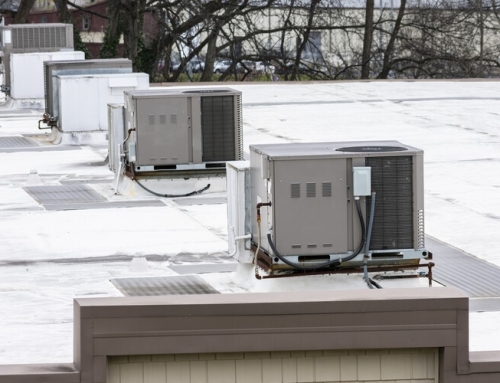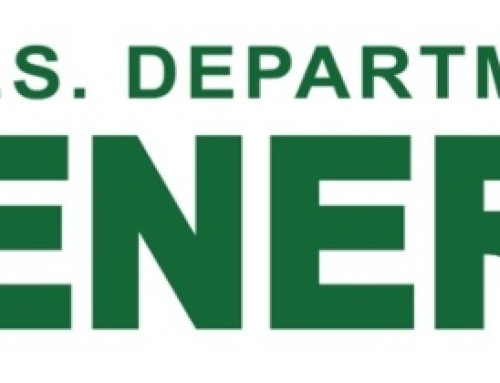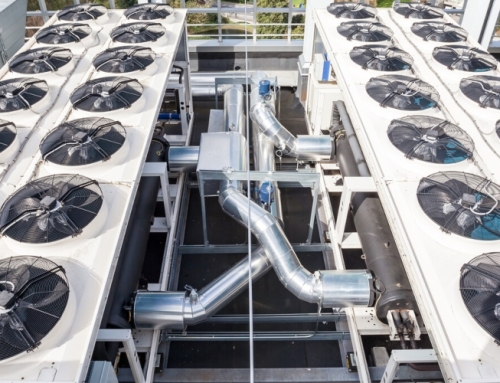During the summer, HVAC (Heating, Ventilation, and Air Conditioning) systems are subjected to increased stress due to the extreme heat. Here are some factors that contribute to this stress:
Higher Cooling Demands
As temperatures rise, people rely more on air conditioning to maintain comfortable indoor environments. This increased demand for cooling puts a significant load on HVAC systems, causing them to work harder and for more extended periods.
Temperature Differential
HVAC systems operate by removing heat from indoor spaces and expelling it outside. In hot weather, the temperature difference between the indoor and outdoor environments is more significant, making it more challenging for the system to transfer heat efficiently.
Continuous Operation
HVAC systems often run continuously during hot summer months to maintain desired indoor temperatures. This continuous operation leads to increased wear and tear on the system’s components, including the compressor, blower motor, and fan, resulting in more frequent maintenance and potential breakdowns.
High Humidity
Summer heat is often accompanied by high humidity levels. HVAC systems not only cool the air but also dehumidify it. The dehumidification process requires additional energy and puts extra strain on the system.
Clogged Air Filters
Airborne particles, such as pollen, dust, and allergens, are more prevalent in the summer. If the HVAC system’s air filters are not regularly cleaned or replaced, they can become clogged, obstructing airflow and reducing the system’s efficiency.
Inadequate Maintenance
Many property owners neglect regular maintenance of their commercial HVAC systems, leading to reduced performance and efficiency. Lack of maintenance can result in issues like refrigerant leaks, dirty coils, or malfunctioning components, which can worsen under the added stress of summer heat.
The cumulative effect of these factors can lead to decreased efficiency, higher energy consumption, increased utility bills, and potential system failures. To mitigate the stress on commercial HVAC systems during summer, it is crucial to perform preventative maintenance, including cleaning or replacing air filters, checking refrigerant levels, cleaning coils, and ensuring proper airflow. Additionally, setting appropriate temperature levels inside the facility and using energy-efficient practices can help reduce the strain on the system.
Contact VASEY today to arrange an assessment of your commercial HVAC system.






